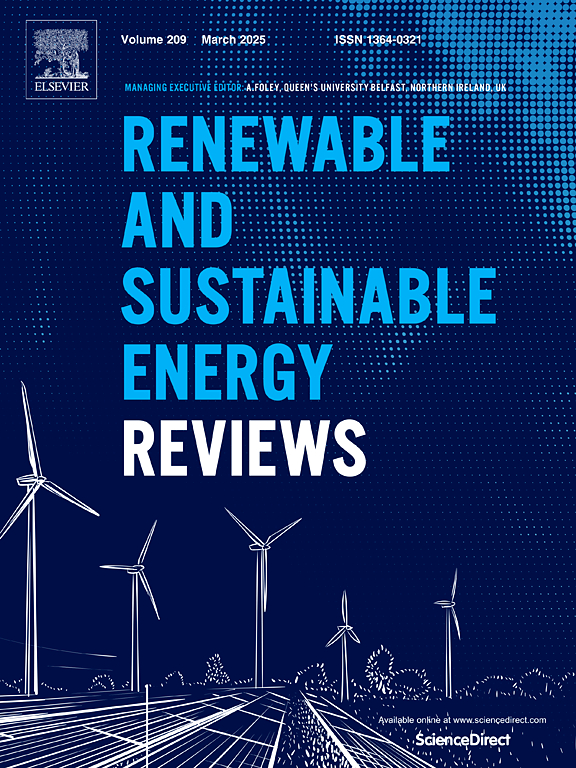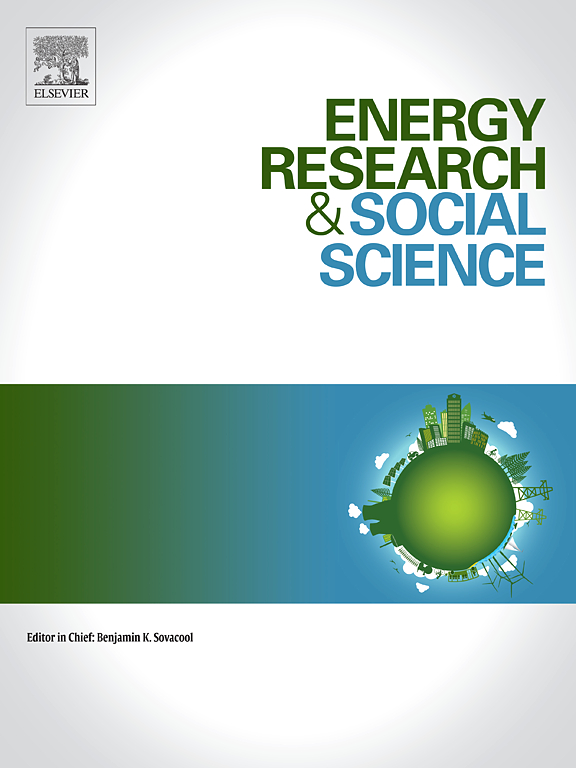The invasion of water hyacinth in Lake Victoria has presented a series of ecological and economic challenges for the East African region. Despite millions of dollars spent in eradication and control programs, the severity of the infestation is largely unabated. We propose re-focusing water hyacinth control away from eradication and toward sustainable resource utilization. In this paper we review the relevant literature and make a case for an integrated resource management to control the spread of water hyacinth while generating energy, restoring soil and water quality, and improving the environment. Notwithstanding energetic gains in water hyacinth-bioenergy systems, there is a wide range of uncertainty in their economic viability due to underdeveloped extraction and processing technologies. When aggregated together with other environmental and social benefits, however, the systems have the potential to provide sustainable economic and environmental returns.
DOI:
https://doi.org/10.1016/j.spc.2015.06.003
Altmetric score:
Dimensions Citation Count:
























